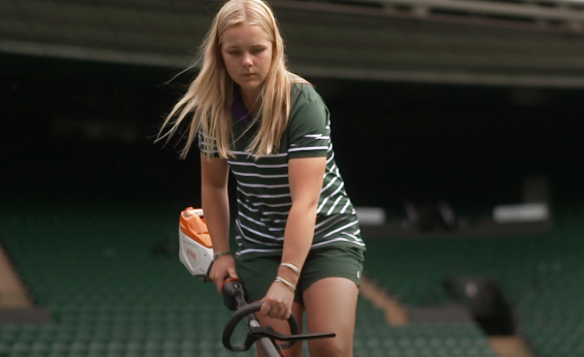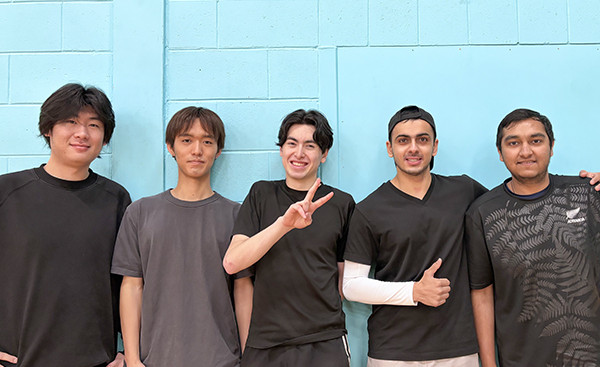Campus Experience makes science, academia accessible to children
05 July 2024 | News
More than 500 children from local schools got a first-hand look at how learning can shape the world this week as part of Te Mātāpuna Mātātahi Children’s University.
Children from 17 local schools were invited onto the Lincoln University campus across two days to learn more about higher education and the world around them.
Lincoln and the University of Canterbury are working in partnership to deliver TMMCU in the Waitaha Canterbury region.
It is part of an internationally renowned outreach programme that aims to foster lifelong learning among young people aged 7-14 and raise their aspirations for higher education.
The Campus Experience events at Lincoln and UC gave young learners a look at what universities do and what they could achieve in the future.
This year 510 pupils visited Lincoln, engaging in a series of fun and hands-on activities designed to broaden their interests and demystify the academic environment.
Farms educational facilitator Lauren Roberts said many people never thought about how much of the world had been specifically designed.
“A lot of people see a sheep and they don't really think about what goes into actually breeding it and creating it into such a wonderful animal.”
Much like how scientists would design sheep to be healthy and productive, the children created their own unique sheep out of paper and wool.
It was a simple way to introduce those ideas to them and show how their work could impact the world around them, she said.
Lots of people think that scientists are really boring, but in actual fact, we're a real creative bunch.
Eight-year-old Lincoln Primary pupils Oliver and Freddie both enjoyed getting a close-up experience with spiders in a session run by the department of Pest Management and Conservation.
Freddie said the creatures were “pretty terrifying”, but there was a lot he did not know before the experience.
Oliver had no idea some spiders could use their webs to fly in the wind or shoot web balls to catch prey.
Both loved their visit and wanted to come back again in the future.
The session was run by postdoctoral fellow Dr Laura Montes de Oca and senior lecturer Dr Cor Vink.
Dr Vink said “it's good to give kids an appreciation of spiders and insects at an early age.
“Hopefully they keep that throughout their life and they keep being interested.”
The key to engaging children in academic topics was to frame the information in a way they could understand by making it relevant to their world.
“You've got to compare spiders to what the kids would do.
“If you’re talking about how spiders eat, talk about how kids eat first.”
Dr Montes de Oca said “sometimes you underestimate children because you think that they are not going to understand you.
“Sometimes they know more than you know. It's very cool.”
Young learners who join the programme are issued a Children’s University Passport, which gets stamped when they visit local learning destinations, such as campuses, museums, and libraries.
Once 30+ hours of learning is reached, students can attend a graduation ceremony to celebrate their achievements.



